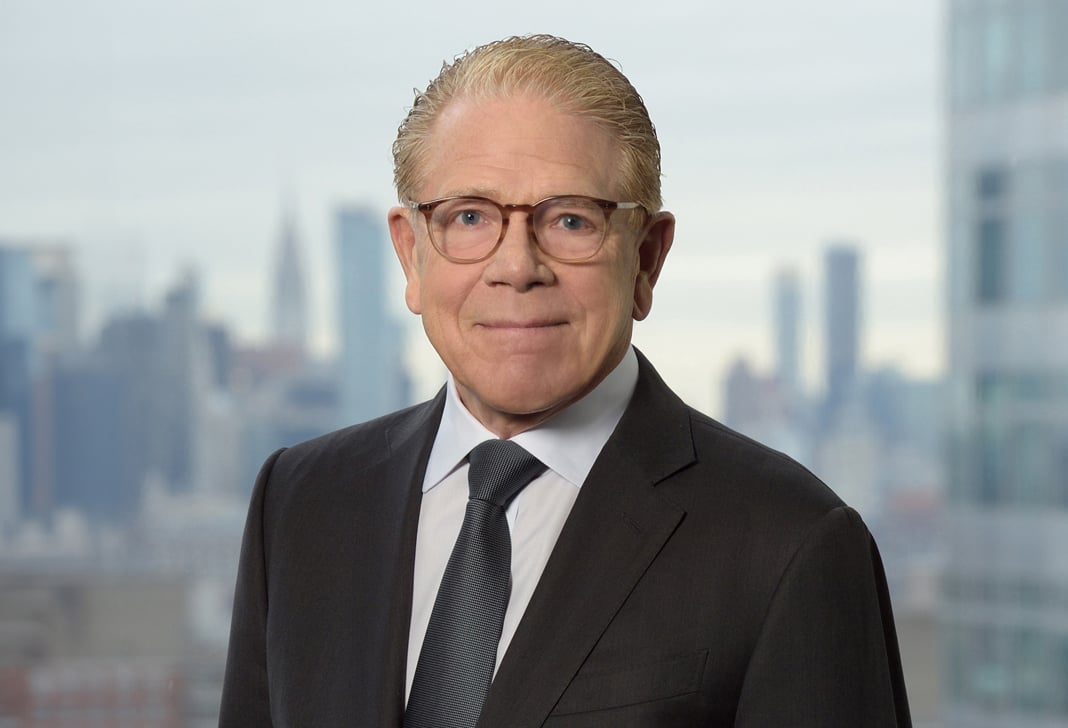
脸书(Facebook)就挑战外部董事薪酬的衍生诉讼达成和解(英文版)
- In settlement of a derivative lawsuit challenging compensation paid to Facebook's non-employee directors, Facebook agreed to submit its non-employee director compensation program, including specific equity grants, some historical grants, and retainer fees, to a vote of shareholders at its 2016 annual meeting. Although this “say-on-director-pay” vote on particular grants of director compensation is unusual, the vote is symbolic, given that Facebook's founding shareholder retains voting control.
- The settlement followed the court's October 2015 determination that the rigorous entire fairness standard applied in reviewing the Facebook board's decisions relating to director compensation because they were made under a compensation plan that was not (in its entirety) formally approved by Facebook's shareholders.
- The Facebook litigation is one of several recent lawsuits in which the Delaware Chancery Court declined to apply traditional business judgment deference to board decisions relating to director pay, and it evidences the heightened scrutiny of investors, courts, the media, and others on director compensation, a focus we predicted several years ago.
Last week, the Delaware Chancery Court approved settlement of Espinoza v. Zuckerberg, the shareholder derivative case that challenged compensation payments made to Facebook's non-employee directors. Typically, Delaware courts apply traditional business judgment rule deference to board decisions relating to director compensation, despite the inherent self-dealing nature of those transactions, as long as the compensation is paid pursuant to a shareholder-approved compensation plan.
The compensation payments at issue in Espinoza were made under a 2012 compensation program that authorized equity grants for Facebook's non-employee directors, officers, employees, and others. That plan was approved by Facebook's board of directors and its shareholders immediately prior to the company's initial public offering. In 2013, Facebook's compensation committee recommended, and its board approved, a new compensation program for non-employee directors that would, among other things, implement annual equity grants of restricted stock units having a value of $300,000 per year. The 2013 director compensation program was in place by September 2013 and was disclosed in Facebook's 2014 proxy statement. Facebook's 2012 equity plan was not, however, amended to include the specific terms of the 2013 annual compensation program, and Facebook's shareholders did not approve the 2013 director compensation program. Facebook's 2013 equity grants and other compensation payments made to its non-employee directors were challenged in the shareholder litigation.
Facebook argued that its 2013 director compensation program had been properly, if informally, approved by its shareholders because Mark Zuckerberg, a disinterested Facebook director and its controlling shareholder, expressly ratified the 2013 director compensation program by signing an affidavit to that effect after the derivative lawsuit was filed. Accordingly, Facebook argued, the business judgment rule applied to the Facebook board's decisions relating to the director compensation awards. The Chancery Court disagreed, holding that Mr. Zuckerberg's ratification of the compensation plan in his affidavit was procedurally inadequate to support the application of the business judgment standard of review, and accordingly, the “entire fairness” standard of review applied. This more rigorous standard required the Facebook directors to prove the “entire fairness” of the payments made under the compensation plans by demonstrating that both the process they undertook in approving the compensation, and the amount of the compensation paid, were fair to Facebook and its shareholders.
Ultimately, Facebook and the shareholder plaintiff settled the lawsuit. As part of the settlement agreement, Facebook agreed to submit to its shareholders at its 2016 annual meeting proposals to approve the 2013 equity grants and annual non-employee director compensation, including retainer fees for non-employee directors. Shareholder votes on specific equity grants or other payments made to non-employee directors of U.S. public companies are exceedingly rare in the United States, and at first glance this shareholder vote on director pay might appear to be an important win for the plaintiff shareholder. However, the vote of Facebook's shareholders is a mere formality, as Mr. Zuckerberg holds voting control of Facebook's shares.
Of course, even if this one-time shareholder vote on Facebook's outside director pay had any real effect, the requirement for the shareholder vote is the product of a negotiated settlement between two private parties, and it does not necessarily portend the dawning of an age of voluntary “say-on-director pay” votes. However, it is possible that other companies may consider remedial actions, including voluntarily adopting limits on previously approved director equity plans or even resubmitting them to a shareholder vote, in light of two other recent Delaware cases involving director compensation plans that had been properly approved by shareholders but were determined by courts to lack “meaningful” or “effective” limits on the grants or payments that could be made under the terms of the plan.
In the first case, Seinfeld v. Slager, the Chancery Court found that an equity plan's per-participant grant limits were not “meaningful” or “effective” where those limits allowed the directors to make an annual grant of restricted stock units with a value of about $22 million to each non-employee director, or $260 million in the aggregate. Likewise, in Calma v. Templeton, the Chancery Court found that a company's compensation plan lacked “meaningful” limits due to its overly generous limit of one million shares per participant, as well as its lack of sub-limits applicable by position. In both cases, although the compensation plans had been properly approved by shareholders, the Chancery Court held that the directors would be required to establish the entire fairness of the grants made under the plans due to the perceived inadequacies in plan terms.
In our experience, setting director pay typically receives very close scrutiny by boards, including after considering input from independent compensation experts as to peer approaches. In addition, typically director pay is quite modest in comparison to the increasing demands on director time and elevated levels of risk associated with shareholder activism, cybersecurity, and other threats after the shift in corporate governance paradigm that began following the bursting of the dot-com bubble. As such, we believe it unlikely that director pay will attract even a fraction of the attention drawn by executive pay over the past several years. Recent events have signaled, however, that courts, regulators, investors, and others have director compensation issues in their line of vision, and that director pay will continue to come into sharper focus in years to come.
Lawyer Contacts
For further information, please contact your principal Firm representative or one of the lawyers listed below. General email messages may be sent using our “Contact Us” form, which can be found at www.jonesday.com/contactus/.
Governance Team Leaders
Lizanne Thomas
Atlanta
+1.404.581.8411
lthomas@jonesday.com
Lyle G. Ganske
Cleveland
+1.216.586.7264
lganske@jonesday.com
Robert A. Profusek
New York
+1.212.326.3800
raprofusek@jonesday.com
Jones Day publications should not be construed as legal advice on any specific facts or circumstances. The contents are intended for general information purposes only and may not be quoted or referred to in any other publication or proceeding without the prior written consent of the Firm, to be given or withheld at our discretion. To request reprint permission for any of our publications, please use our “Contact Us” form, which can be found on our website at www.jonesday.com. The mailing of this publication is not intended to create, and receipt of it does not constitute, an attorney-client relationship. The views set forth herein are the personal views of the authors and do not necessarily reflect those of the Firm.


